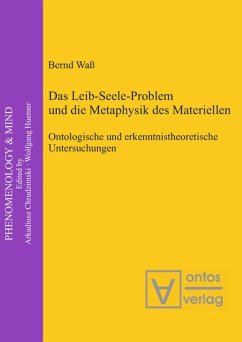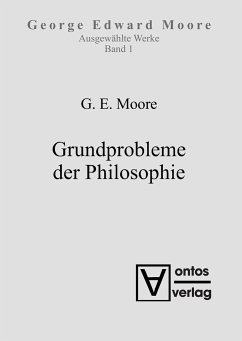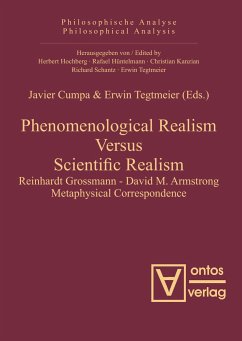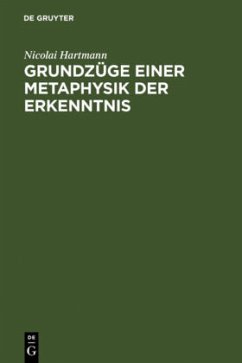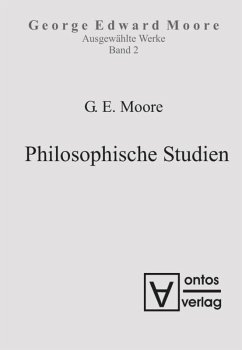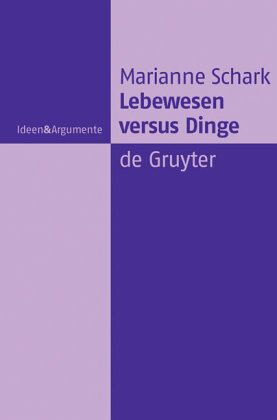
Lebewesen versus Dinge
Eine metaphysische Studie

PAYBACK Punkte
0 °P sammeln!
The notion of a living being is one of the basic concepts of our everyday ontology. Biology may be the science of living beings, but it is not the science of what it is to be a living being. Answering this question is the business of metaphysics. The author undertakes a thorough study of the ontological status of living beings. She opposes the Cartesian idea of living beings as bodies, arguing instead for a view which is based on the Aristotelian concept of substance. For this she first defends the general category of continuants (enduring entities) against objections of process-ontologists. She then goes on to show why living beings cannot be categorized as things, but form a separate category of continuants.
Der Begriff des Lebewesens ist einer der Grundbegriffe unserer Alltagsontologie. Die Biologie ist zwar die Wissenschaft von den lebenden Wesen, nicht aber davon, was ein Lebewesen ist. Diese Frage ist vielmehr metaphysischer Natur. Die Autorin untersucht grundlegend den ontologischen Status von Lebewesen. Sie wendet sich gegen die cartesianische Auffassung von Lebewesen als Körpern und argumentiert statt dessen für eine am aristotelischen Substanzbegriff orientierte Auffassung. Dafür verteidigt sie zunächst die allgemeine Kategorie der Kontinuanten (der "fortdauernden" Gegenstände) gegenüber prozessontologischen Einwänden, um dann zu zeigen, warum Lebewesen keine Dinge sind, sondern eine eigene Kategorie von Kontinuanten bilden.







